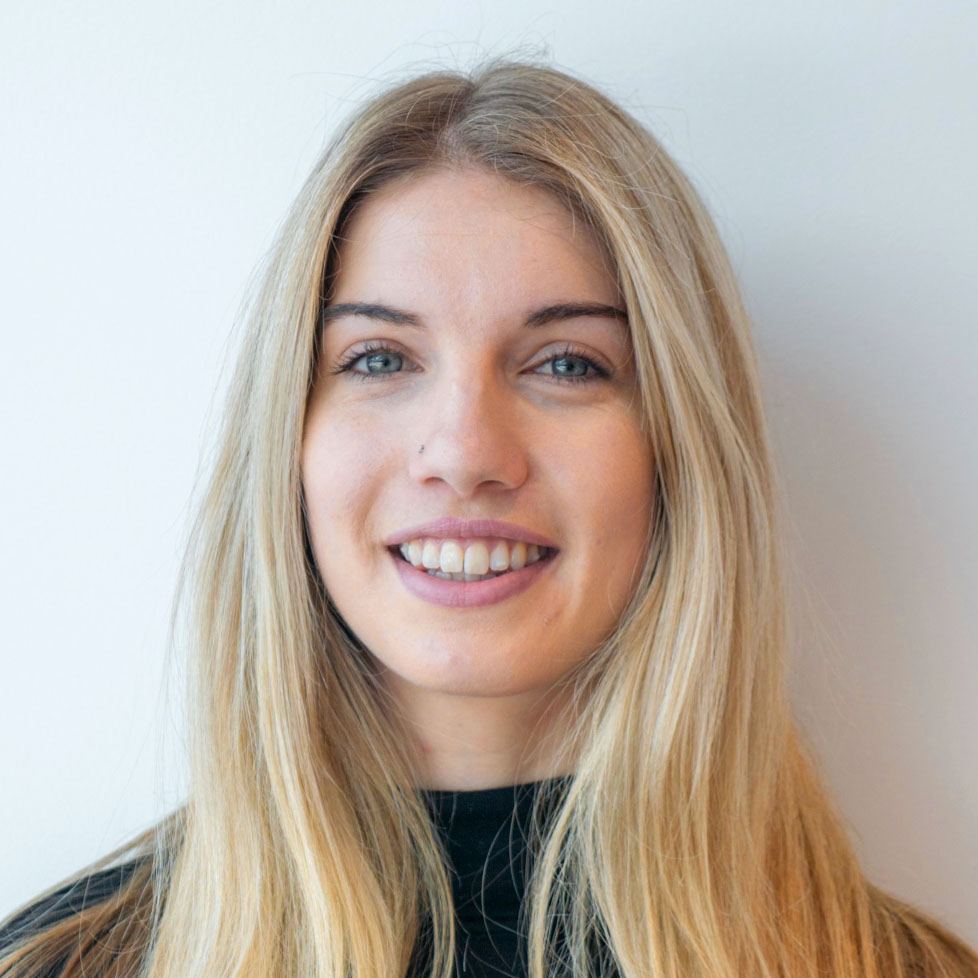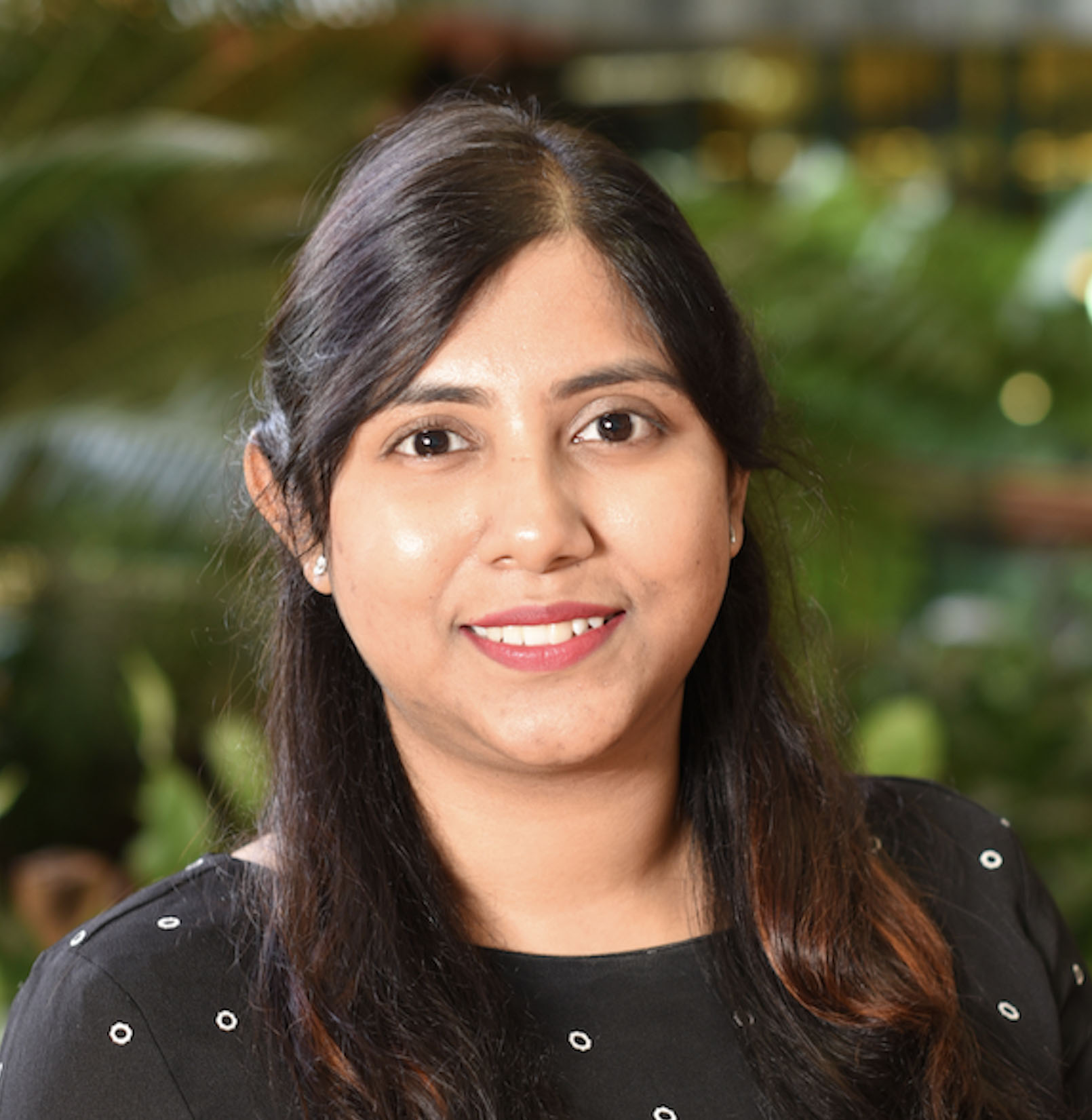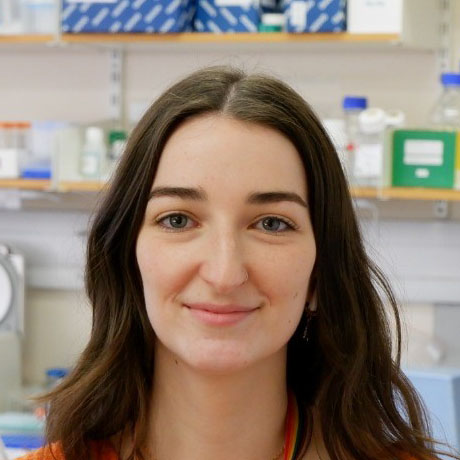


A unifying theme in our multidisciplinary research is our primary focus in the field of cancer epigenetics. The term epigenetics is often used to describe the study of the molecular events that facilitate transcription, DNA repair and DNA replication. Due to the critical role of epigenetic proteins in regulating access to our DNA template, it is unsurprising that the most common class of mutations found within most cancer genomes are those that perturb the function of epigenetic regulators. This fact underpins our motivation to understand how epigenetics proteins facilitate cancer. Our ambition is to use these insights to develop and trial small molecules that exploit the inherent plasticity of the epigenome and abrogate malignant transcription programs.
Central to the culture of our laboratory is curiosity-based research that aims to make important scientific discoveries that may ultimately be translated into the clinical arena. Underpinning our research are unbiased genetic screens using RNA interference (RNAi) or gene editing (CRISPR/Cas9) and single cell analytical platforms. These methods have been optimised to function as the engine room of our research strategy. Our research spans several tumour streams including acute myeloid leukaemia, lymphoma, melanoma, breast and lung cancer. We have specifically assembled a diverse research team of clinicians and scientists that have broad expertise spanning biochemistry, cell biology, molecular biology, genomics, chemical biology, immunology, animal models of disease and bioinformatics. This multidisciplinary approach is critical in helping us pursue our scientific vision.




























